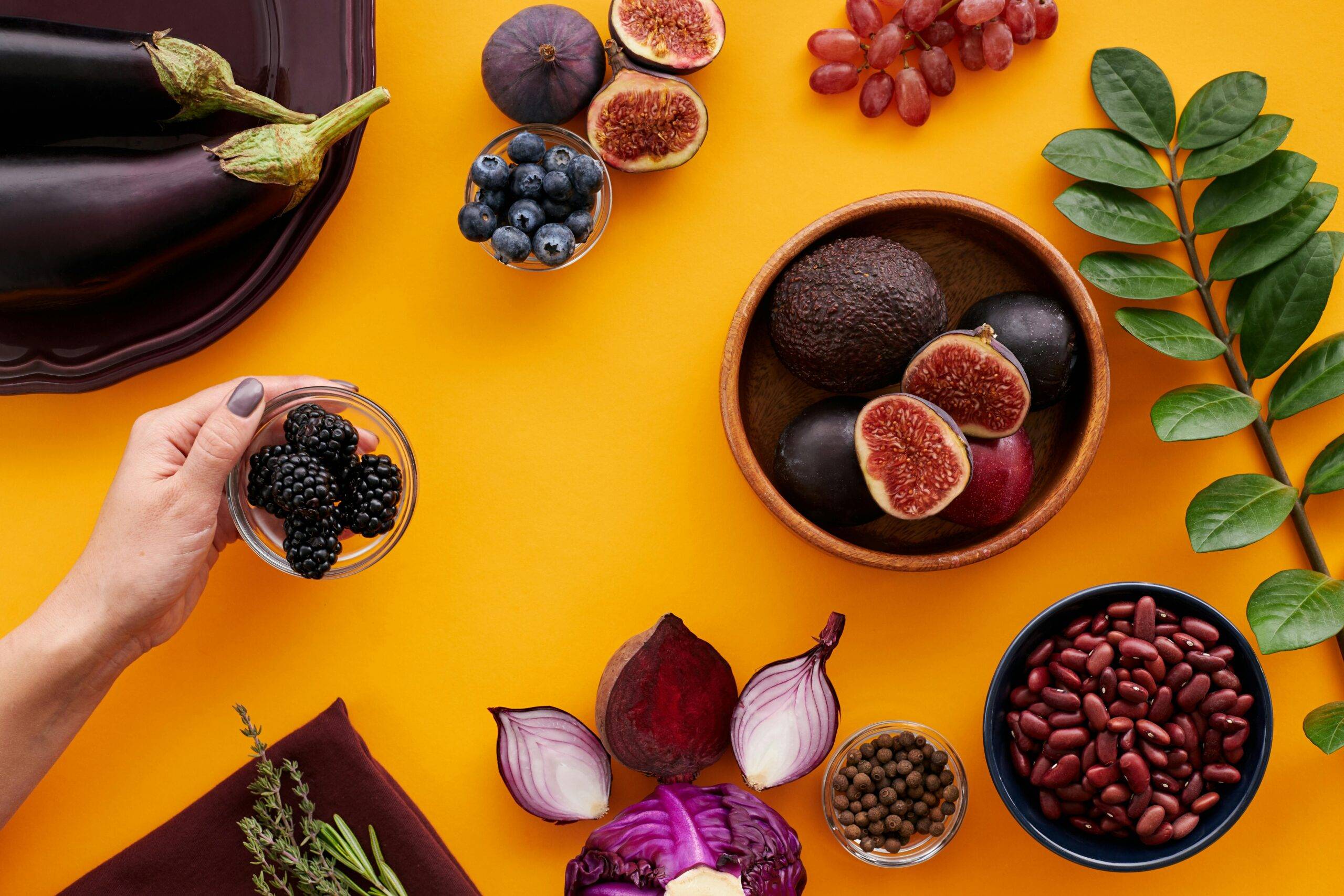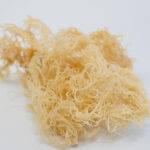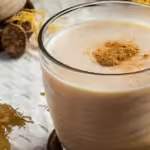Table of Contents
A Puppy’s Start
Getting a puppy is a great responsibility. It means you are ready to take care of a pet like how you would take care of a baby. An important part of taking care of a puppy is being able to choose the right meal for your puppy. Puppies have a high risk of developing chronic diseases with early life onset if they are fed with the wrong type of food. [1]
What are the Benefits of Most Nutritious Food For Puppies?
We, humans, have developed our very own diet routines or regimens, but that is not the case for dogs especially puppies. They can only eat what we feed them. Puppies are like babies; they tend to require more attention to what they feel and most especially what they eat. Since puppies have a smaller stomach capacity, they cannot eat too much. This is where our suggestion for the most nutritious food for puppies comes in. [2]
Puppies require several vitamins and minerals for them to grow well, but with their limited stomach capacity, we need to be very careful and selective. We need to make sure that their food contains all their daily nutritional needs.
Most nutritious food for puppies have these benefits in them:
- Healthier Skin and Coats
- Brighter and Healthier Eyes
- Healthier Stomach and Firmer Stool
- More Energy
- Better Life Quality
The secret to the most nutritious food for puppies is that it has fewer preservatives, which means the majority of the food they have is freshly prepared and not puppy feeds.
Healthier Skin and Coats
Natural foods, especially those highly suggested by experts allow our puppies to have healthier skin and coats as a result of a complete and comprehensive healthy food intake. The reason for promoting fresh food for puppies is because nutrients like zinc, B vitamins, and fatty acids can soothe and treat many skin conditions in dogs and are more effective when created from fresh ingredients instead of synthetic ones.
Another major key ingredient of most nutritious foods is it contains a blend of natural oils. This natural oil brings more natural luster to their coats. With natural oils in their diets, puppies can have shinier coats as well. This is a perfect way to avoid dull or rough coats on our puppies. Plus, their skin will surely be softer.
Brighter and Healthier Eyes
Natural foods in most nutritious food for puppies contain a bountiful Vitamin A. And a very observable effect of a vitamin A-rich diet is clearer vision. A good amount of vitamin A or retinol does not only benefits the eyes long term but also helps in skin health.
Trial and error on what our puppies like are also advisable. A practical practice is the more colors in their food, the better.
Some of the sources for vitamin A for dogs are:
- Kale
- Sweet Potatoes
- Carrots
- Spinach
- Sea Moss
Sea moss is a rather uncommon suggestion. More people would opt out of it but fresh sea moss should never be missed out on. Sea moss is one of the most nutritious foods for puppies because of its limitless nutrients. Plus, it is rich in Vitamin A and Omega-3 which are helpful for our puppies’ eye development and maintenance. [3]
Healthier Stomach and Firmer Stool
Fiber is a very important component of our diet as our puppies’. However many people think that the more fiber we feed our puppies, the better the outcome will be. Well, there is never a good result if anything is too much.
Too much fiber in the system can also cause loose bowel or irritable bowel syndrome. When the bowel movement is too fast, intestinal absorption is compromised. This is why you may have noticed that we are giving all the nutrients that our puppies need but why do they still look dull or undernourished? This may be the answer.
This is why we are putting more emphasis on fresh foods for our precious dogs. Fresh foods or unprocessed foods do not have too much fiber. Our puppies usually just need 2%-4% of soluble and insoluble fiber in their diet. More than that can be harmful too. [4]
Fiber-rich foods like brown rice, apple, carrots, and even green leafy vegetables can be added to their daily food intake. Take, for example, sea moss. A hundred grams of sea moss would only give our puppies around 1.3g of fiber. Not too much, not too little. Plus, it is pretty light in the stomach.
More Energy
Processed foods do not immediately translate to complete nutrient food. Fresh food is far more nutritious than any processed food. What’s more, our puppies’ stomach is more sensitive to synthetic foods. When we give them processed foods while packaged pet food or even freeze-dried, we are actually hurting our puppy’s digestive system.
Puppies still have a hard time digesting the food they eat. And food that is processed is harder to digest.
As a consequence, our puppies eat the food and excrete the food as it is. Minimal nutrition is absorbed in the intestines.
Feeding them fresh foods or adding fresh foods to their diet can help nourish your puppies. Which in return, makes them healthier and gives them more energy. More energy for playtime too!
Better Life Quality
When our puppies are healthier, we also indirectly benefit from it. There will be lesser trips to the vets. Allergies or skin irritation are minimal and maximum potential is surely achieved. With a better diet and a healthier lifestyle, your puppies will surely have a longer lifespan and minimal disease over their lifetime.
How much should I feed my puppy?
There is a certain type of food per breed. And it is especially important to consider their diet per breed to max out their potential. Following a certain amount is also important to avoid overfeeding your puppy. [5]
We got your back. Here are answers to some of your questions.
- What happens if I feed my puppy the wrong feed or amount?
Without taking into account your puppy’s adult weight, you can easily overfeed your or underfeed your puppy, overfeeding will give your puppy obesity leading to painful joints and muscles while underfeeding can lead to malnutrition and stunted growth.
- Is portion size important for puppies?
Puppies do not have control over how much they eat so it will be your job to keep them in check so that you would be able to avoid your puppy from becoming overweight.
This is especially important for large breed dogs because overfeeding can make them develop skeletal problems. Always follow portion recommendations on the pack and weigh meals carefully.
Keep in mind the amount stated is generally a daily recommended amount, so you will need to divide it between your puppy’s meals. Incorporate the number of treats you give to your dog into the daily amount – it’s easy to overfeed with rewards.
- When do I feed my puppy?
It is best to split your puppy’s daily recommended food portion into small meals throughout the day so as not to overload their immature digestive systems. Puppies have small stomachs and their immature digestive systems do not react well to being overloaded.
How a puppy’s eating schedule changes
Initially, when a puppy is at the weaning stage, experts recommend giving meals 4 times a day, which should be spread evenly from morning to evening. But by the time they reach adulthood one or two meals should be sufficient enough. Some smaller breeds of dogs reach adulthood faster, allowing them to take fewer meals a day at an earlier stage.
What is Mixed Feeding?
Most nutritious food for puppies. A mixed meal is one where you regularly feed your puppy a combination of wet and dry food at the same time or separately. They both have their advantages, with wet food offering hydration and being appealing to picky eaters. While dry foods can reduce the speed of fast eaters. [4]
Benefits of mixed feeding for puppies
-
Hydration
When you compare it with dry foods the moisture content it has is just around 8%.Compared to wet foods having ~75% hydration per meal.
-
Palatability
Most wet foods are highly appealing to any puppies.
-
Weight Control
Wet foods’ high moisture content allows you to serve larger portions of meals to your puppy without the worry of calories.
When does one start mixed feeding?
The first step in mixed feeding is to introduce variety to puppies at a young age to prevent fussy behavior in adulthood. A dog’s digestive tract becomes used to the food composition and types, so gradually introducing the mixed feeding method will ensure success.
Good Feeding Habits For Your Puppy
It can be stressful to feed our puppy, especially if our puppies are being picky eaters or are overfeeding. We got some simple habits you can establish straight away to ensure your puppy gets the nutrients s/he needs and builds positive associations with mealtime.
-
Maintain Portion Control
Be sure to read the food package carefully for detailed instructions on how to measure each portion so your puppy doesn’t overindulge. Remember the amounts listed for each day, not the amount of food per meal.
-
Be Careful with treats
To ensure your puppy doesn’t suffer from overfeeding, treats must always be part of his daily food allowance. It is best to limit how many you give to him and offer them at the right time.
-
Always Avoid Human Food
Dogs have different nutritional needs than humans, and what is a delight to us can cause serious stomach upsets for them. Hand feeding the puppy or hand scraping at it may also cause irregular behavior.
Conclusion:
What we feed our puppies will be what they will become. If we give them the best food they can also maximize their potential. Good and fresh foods are the best food they can eat. Always look for foods that are light in the stomach but are very nutritious, like sea moss. A hundred grams is enough to provide a good percentage of our puppy’s daily requirement.
Remember our habit suggestion. Just like us, our puppies also need to develop good habits for them to be the best puppies. Never just focus on food. We need to take care of their overall health.







